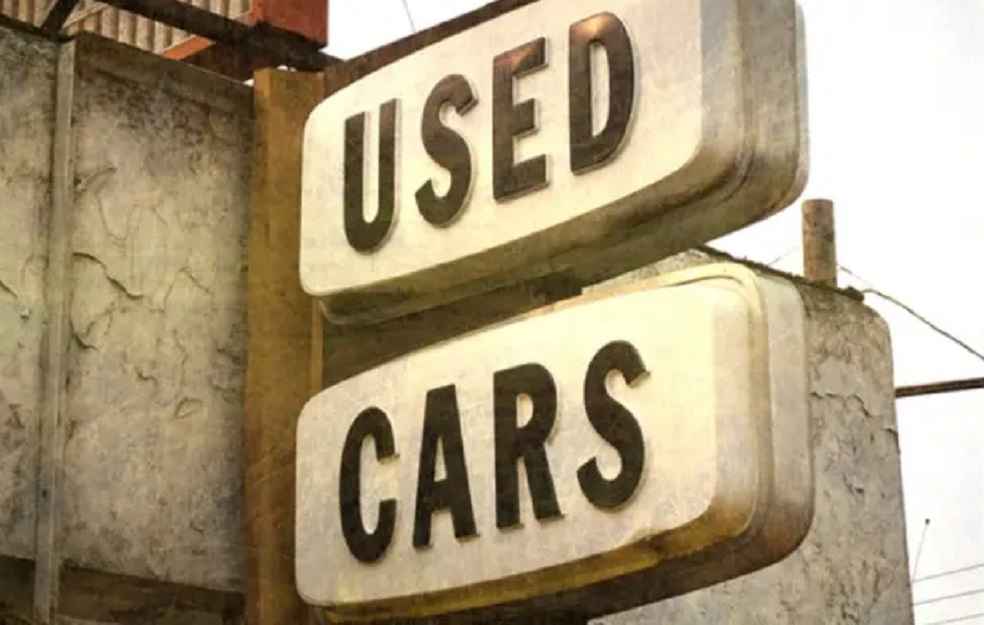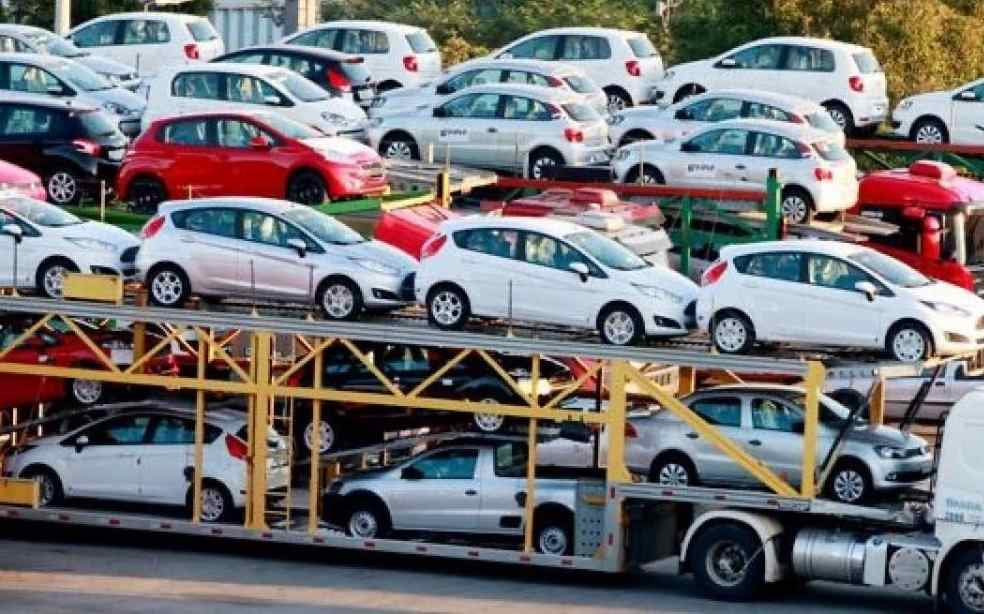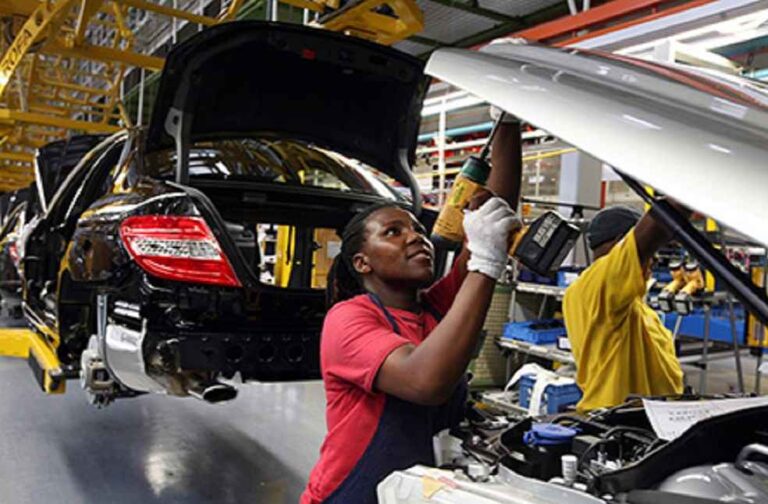Kenya’s second-hand car importers are facing major financial risks as they work against the clock to clear vehicles ahead of new government regulations set to take effect on January 1, 2025. The Kenya Bureau of Standards (Kebs) will enforce an eight-year age limit on imported used vehicles, restricting entry to right-hand drive cars first registered on or after January 1, 2018.
The regulations, aimed at enhancing road safety and reducing the influx of older, high-maintenance vehicles, have caused widespread panic in the industry. Importers are scrambling to process and clear vehicles registered in 2017 or earlier to avoid them being banned from entry into the country.
Importers are also battling shipping disruptions along key transit routes, including the Red Sea, which have extended transit times and heightened fears that shipments will not arrive before the December 31 deadline. The delays have compounded the already chaotic situation, with some industry players warning of heavy losses.

“The situation is dire. We have vehicles stuck in transit, and there’s no guarantee they’ll make it in time. The new rule has created chaos in the market,” said a representative from the Car Importers Association of Kenya (CIAK).
CIAK has criticised the government for implementing the regulations without sufficient consultation with industry stakeholders. Some importers are urging authorities to provide a grace period for vehicles already cleared by Kebs or to allow exceptions for delayed shipments. Legal action has also been suggested should the government fail to adjust the implementation timeline.
This is not the first time Kenya’s second-hand car market has faced similar challenges. In 2014, a similar age limit led to thousands of vehicles registered in 2006 being barred from entry, resulting in significant losses for importers.

The new rules are expected to have broader implications for the market. With used cars being a more affordable option for many Kenyans, the restrictions could drive up prices and limit availability, leaving buyers with fewer affordable choices.
As the deadline looms, importers are racing to clear as many vehicles as possible, but uncertainty remains high. Many businesses are questioning how much longer they can absorb the mounting costs of delayed shipments and regulatory hurdles.
Stakeholders are calling for urgent dialogue with the government to mitigate the economic fallout that could ripple through Kenya’s automotive industry. The coming weeks will determine the future of the second-hand car market and the livelihoods of thousands of businesses that rely on it.
UPCOMING | XPeng Unveils Ambitious 2025 Plans, Targets Global Expansion





